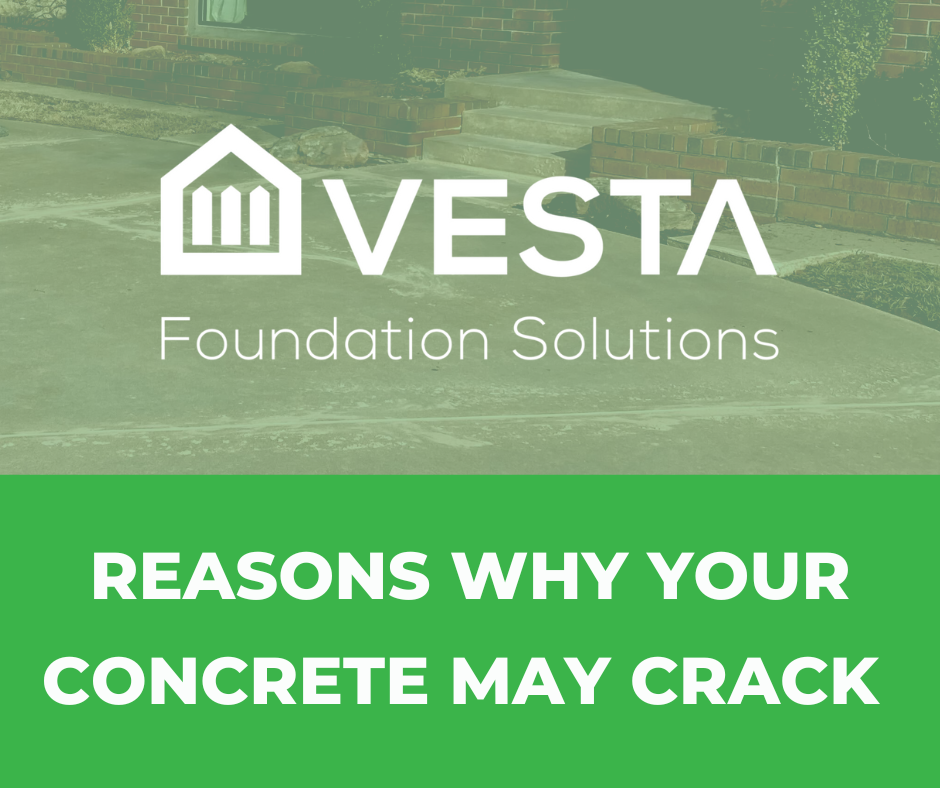Concrete is a strong and durable material commonly used in construction projects such as buildings, bridges, and roads. Homeowners primarily use concrete for driveways, porches, patios, and steps. Concrete can crack for several reasons, including:
Shrinkage
As concrete dries and hardens, it shrinks, causing tension within the material. The tension can cause cracks if the concrete is not properly reinforced or poured too thinly.
Thermal Changes
Concrete can crack as a result of temperature changes. As a result of exposure to high temperatures, concrete expands. In cold weather, it can contract, causing stress in the material and cracks.
Excessive load
It is also possible for concrete to crack if large loads are applied to it or if it is subjected to weight beyond its capacity. In this case, the concrete may not support the weight or be concentrated in one area.
Chemical reactions
Concrete can deteriorate and crack over time if certain chemicals react with it. For example, acidic substances can corrode concrete and weaken it, resulting in cracks.
Improper installation
A poorly installed concrete structure may result in uneven stress distribution and a weak point, resulting in cracking over time.
Concrete cracks due to shrinkage, thermal changes, excessive loads, chemical reactions, and improper installation. Proper design, reinforcement, and maintenance can make concrete structures crack-resistant. We at Vesta Foundation Solutions are here to assist you in repairing your concrete and finding a solution that works for you and your family.
Learn more about PolyLevel Injection Foam and how it can help repair your concrete rather than replace it. Contact one of our System Design Specialists for a FREE inspection or more information.




